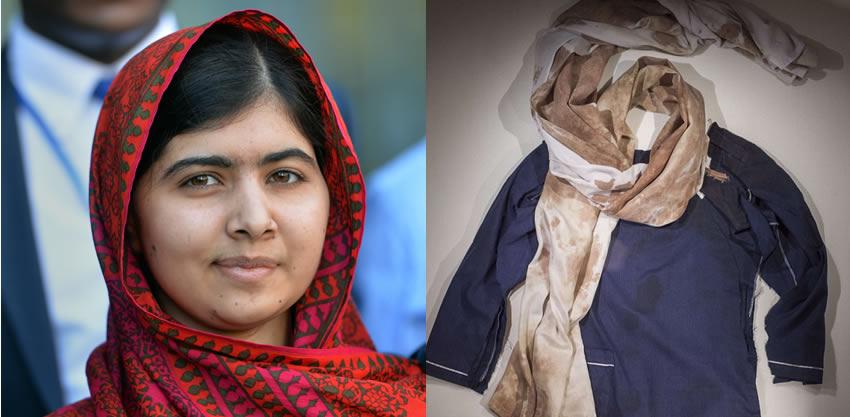EDITORIAL (September 17 2010): As murmur of a possible political change permeates through public discourse. The Obama Administration’s special envoy to Pakistan and Afghanistan, Richard Holbrooke, has made clear that the United States will not support an ‘undemocratic’ Pakistan. “I am not going to comment on the past, but this administration supports civilian democratically-elected government in Pakistan”, he told reporters in Karachi on Wednesday.
The past he wants to jettison is replete with instances when Washington opted to cultivate and patronise military rule in Pakistan, overlooking the country’s weak and struggling democratic forces – in line with Washington’s global strategic interests. But this time around President Obama’s point man in the region thinks that the present civilian government can deliver and must be supported although his country has “a great respect for Pakistan Army”.
That President Zardari has also warned “all Bonapartist and undemocratic adventurers” against an attempt to derail democracy and promised to defend the system with full force – it is heartening to know. But one can’t be oblivious of the gravity of the threat to the present civilian set-up, which may not necessarily stem from the military. In fact what the people are talking about is what is commonly called an ‘in-house’ change. The Zardari-led PPP is in power in the Centre courtesy the MQM, ANP and JUI (F) and what the MQM thinks of the PPP is no secret. In fact, to some it is a touch-and-go situation. Others too are busy fixing the numbers game in the lower house of parliament.
It’s indeed encouraging to know that ambassador Holbrooke doesn’t want the past to be recalled, and there is no need for it either. The civilian-military equation now obtaining in Pakistan is quite different from the past when the United States would nurture co-operative deals with the military bypassing the elected governments. Unlike the past the military leadership, particularly generals Ziaul Haq and Pervez Musharraf, bartered away their independence of action and decision in return for legitimacy and patronisation.
So they essentially promoted the American agenda, as both were committed to Pakistan’s acquiescence to the US involvement in neighbouring Afghanistan. That is not the case now, as the present military leadership has its own perspective on the situation next door, which may be in harmony with the United States’, but only selectively.
More importantly, the present military leadership is not looking for a civilian role, at least as of now. And to this President Zardari’s style of governance is a great help. He seems to have mastered the art of defusing awkward situations that threaten the democratic edifice. Be it the degree of control over the ISI, or restoration of Chief Justice Iftikhar Muhammad Chaudhry or the text of Kerry-Lugar-Berman Bill, he has thus far exhibited extraordinary political astuteness and averted things from coming to a boil. But he can do only this much; what can trigger political change remains in the realm of the unknown. And then, significantly, no one, including the United States, can object to a change that takes place within the parameters of law and constitution. A military take-over and a political change in line with established democratic norms are two different things, a distinction, we are sure, is not lost on Holbrooke when he talks of Pakistan’s domestic politics. -brecorder











